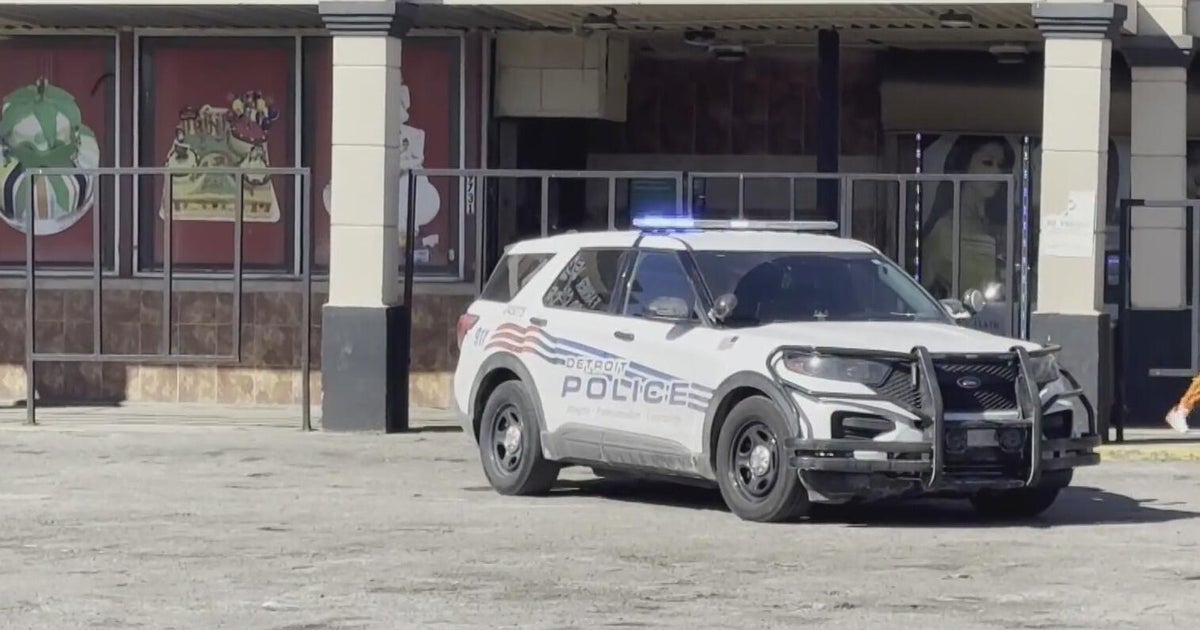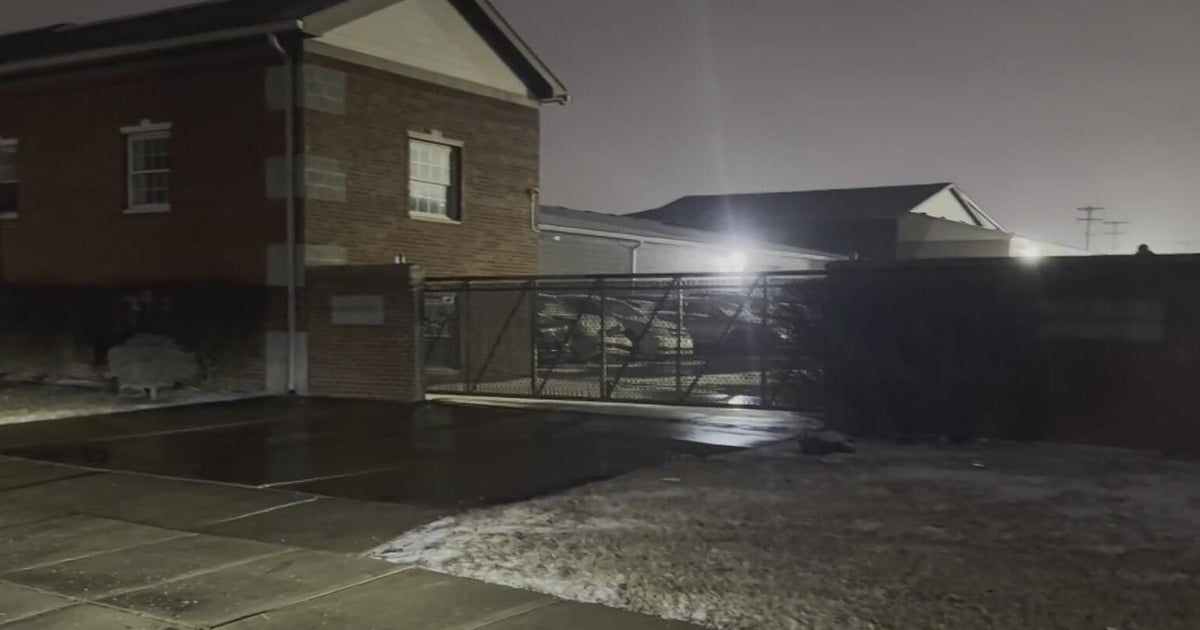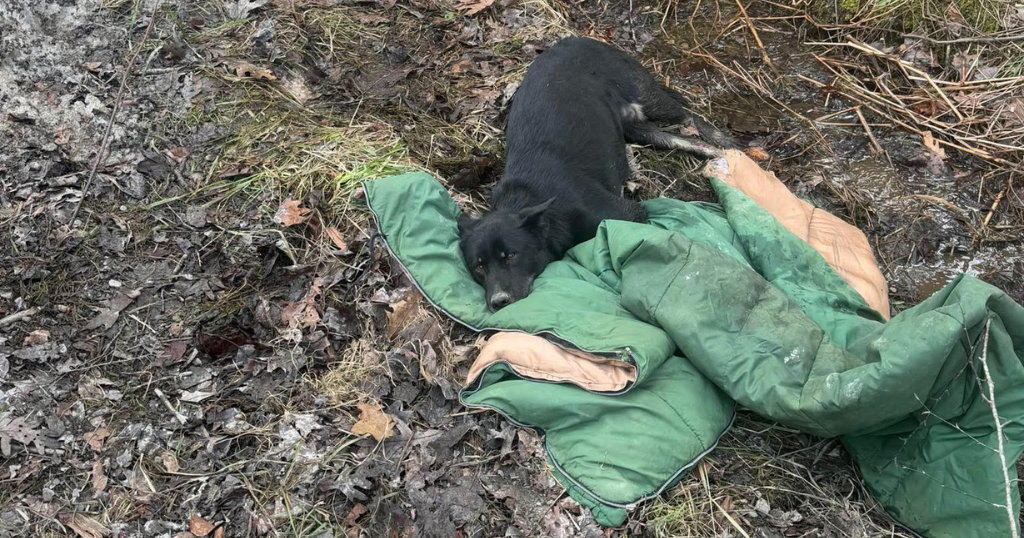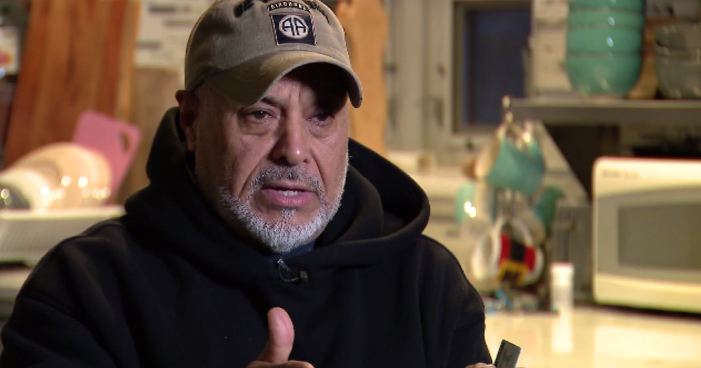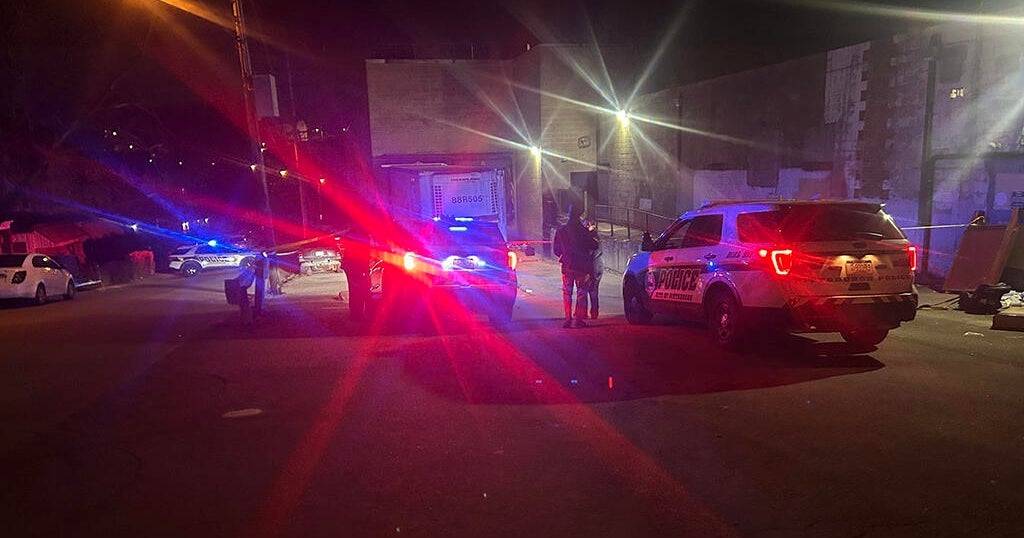Policy Changes Considered After ID Of Body Delayed For Years
DETROIT (WWJ/AP) - Michigan officials are looking at whether policy changes are needed after it took years to determine that an unidentified body was that of a missing 13-year-old girl.
No autopsy was conducted because the 2008 death was deemed a suicide and investigators initially believed the body was that of a woman between 19- and 21-years-old. DNA samples weren't taken and the body was buried along with three others at a Canton cemetery in 2011.
After the remains were exhumed last year, authorities used DNA testing to confirm that the body was that of Breanna Sharp -- a 13-year-old who had moved from Texas to live with her mother in Detroit.
Sharp, who was frequently known to run away, was found hanging in an abandoned building on Detroit's west side in August 2008. Her remains were taken to the Wayne County Medical Examiner's Office, where her death was ruled a suicide, caused by asphyxiation.
An investigation into Sharp's disappearance began in 2009 after her biological father contacted the National Center for Missing and Exploited Children, and soon the Michigan State Police were involved. In July 2011, investigators checked with the Wayne County morgue for possible Jane Does and came across a case they had a hunch was Sharp. Her body was exhumed in March 2012 and positively identified that June using DNA samples from both of her parents, authorities said.
The state attorney general's office has been in contact with Sharp's family about the case.
"It's an ongoing discussion right now," said Joy Yearout, an office spokeswoman. "We are working with Michigan State Police and missing person advocates to determine whether any legislative or other changes might be necessary to improve the outcome for crime victims' families."
And cases like Sharp's aren't uncommon. According to a report by the Detroit Free Press, the Wayne County Medical Examiner's Office has buried more than two dozen unidentified people since 2005 and routinely has not taken DNA samples.
County officials say DNA samples aren't collected because they're often not needed and seldomly requested. Instead, most people are identified using fingerprints, dental records or visual identification.
But now, the Wayne County Medical Examiner's Office is taking its first steps to earn accreditation from the National Association of Medical Examiners. Officials say they want to begin taking blood samples, which can be dried and stored in a filing cabinet, on cases where an unidentified person is involved.
In many cases involving unidentified remains, an exhumation has to be performed to collect a DNA sample. Officials say this process is rather expensive, costing upwards of $3,000. If blood samples can be catalogued when unidentified remains are buried, officials say they can skip the costly exhumation process for the purpose of gathering DNA, making it that much easier and faster to properly identify the remains.
It's a step county officials hope can help bring closure to grieving families who have unanswered questions about a loved one's disappearance -- especially since there are more than 100 open cases of unidentified remains in Michigan.
TM and © Copyright 2013 CBS Radio Inc. and its relevant subsidiaries. CBS RADIO and EYE Logo TM and Copyright 2013 CBS Broadcasting Inc. Used under license. All Rights Reserved. This material may not be published, broadcast, rewritten, or redistributed. The Associated Press contributed to this report.
